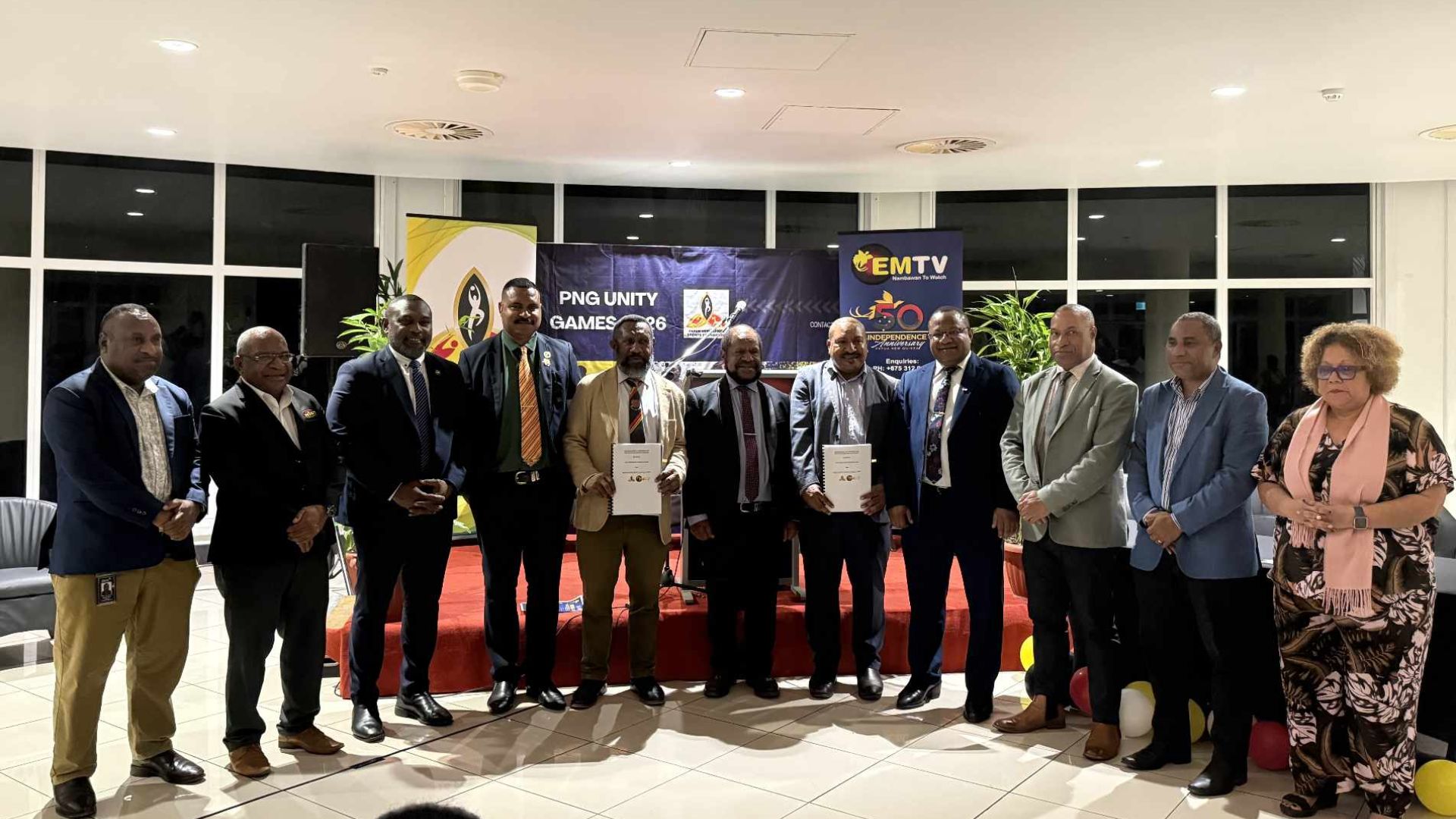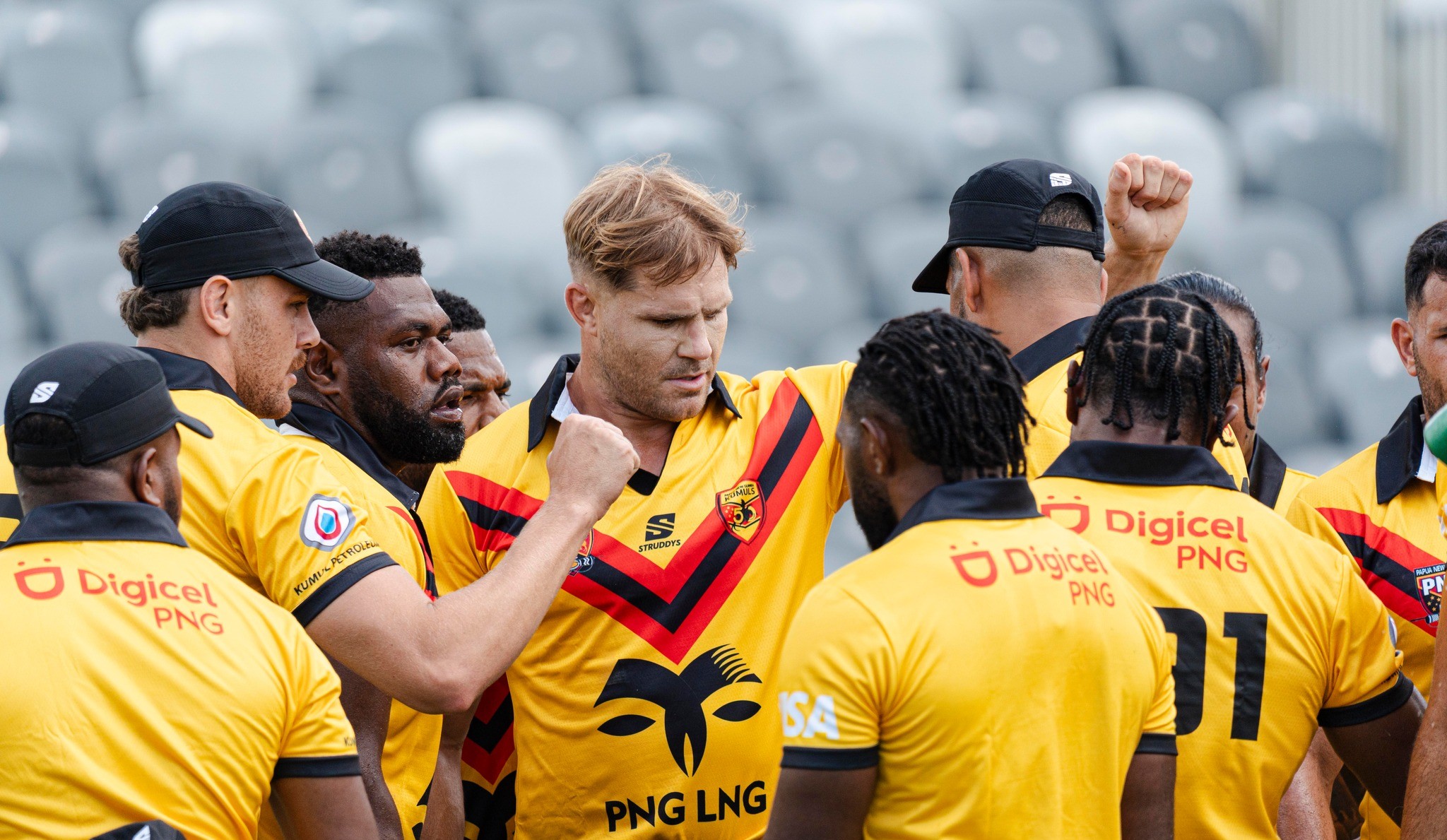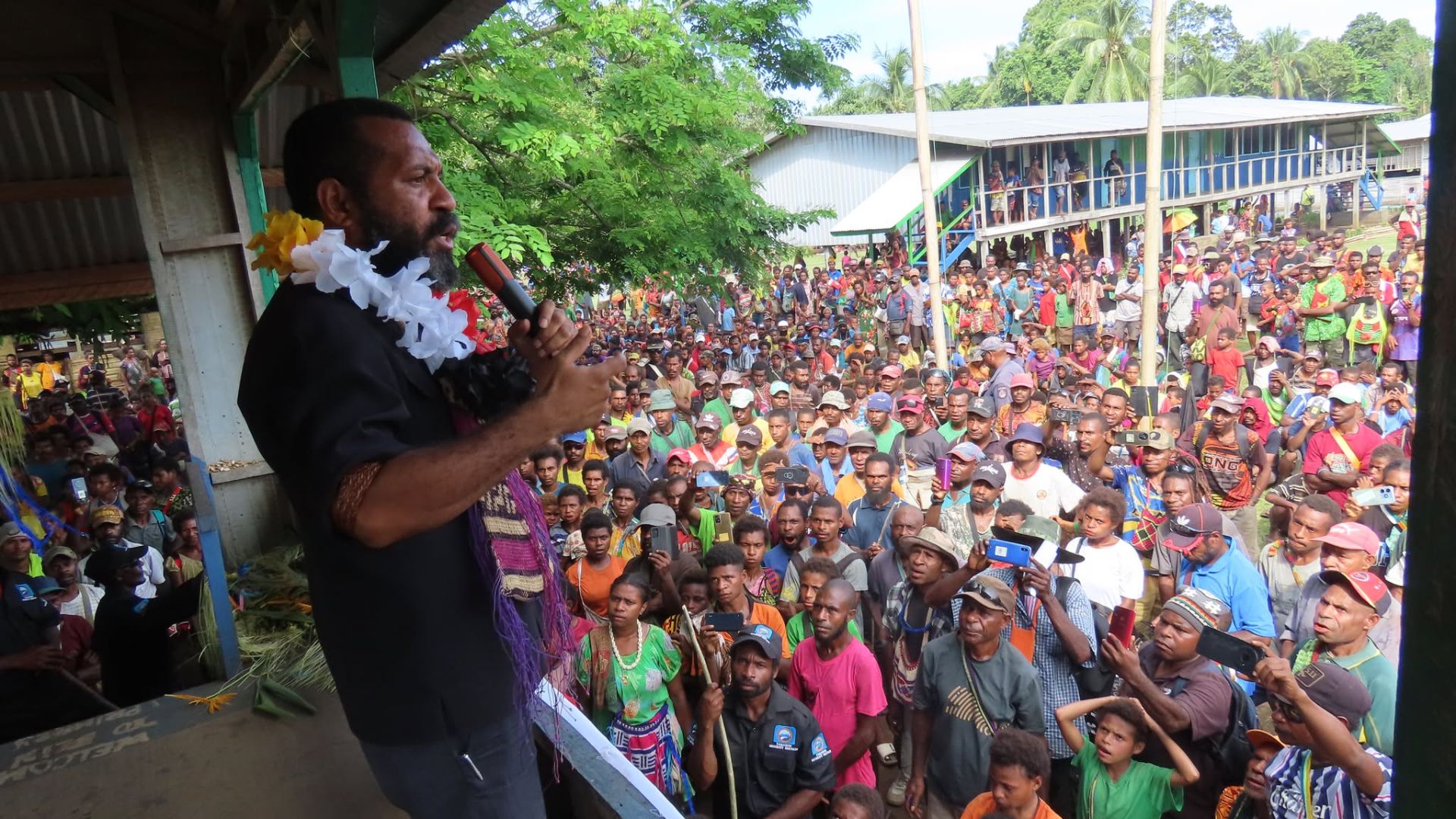NEWS
CALLS FOR STRONGER ACTION AGAINST ILLEGAL FISHING| PM
![]() By Paula David |
February 25, 2025
By Paula David |
February 25, 2025

Related News
LATEST NEWS






